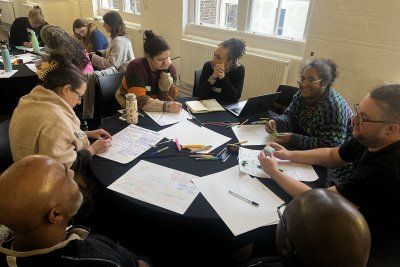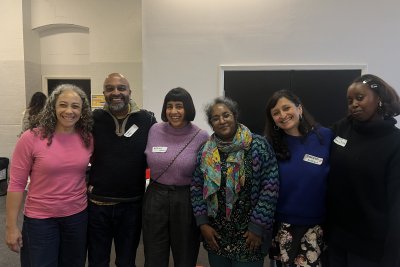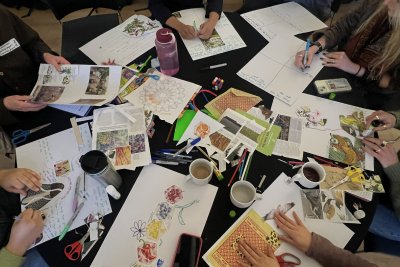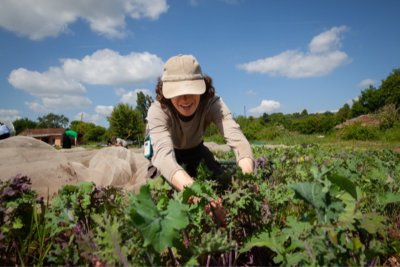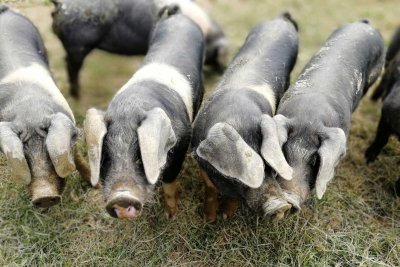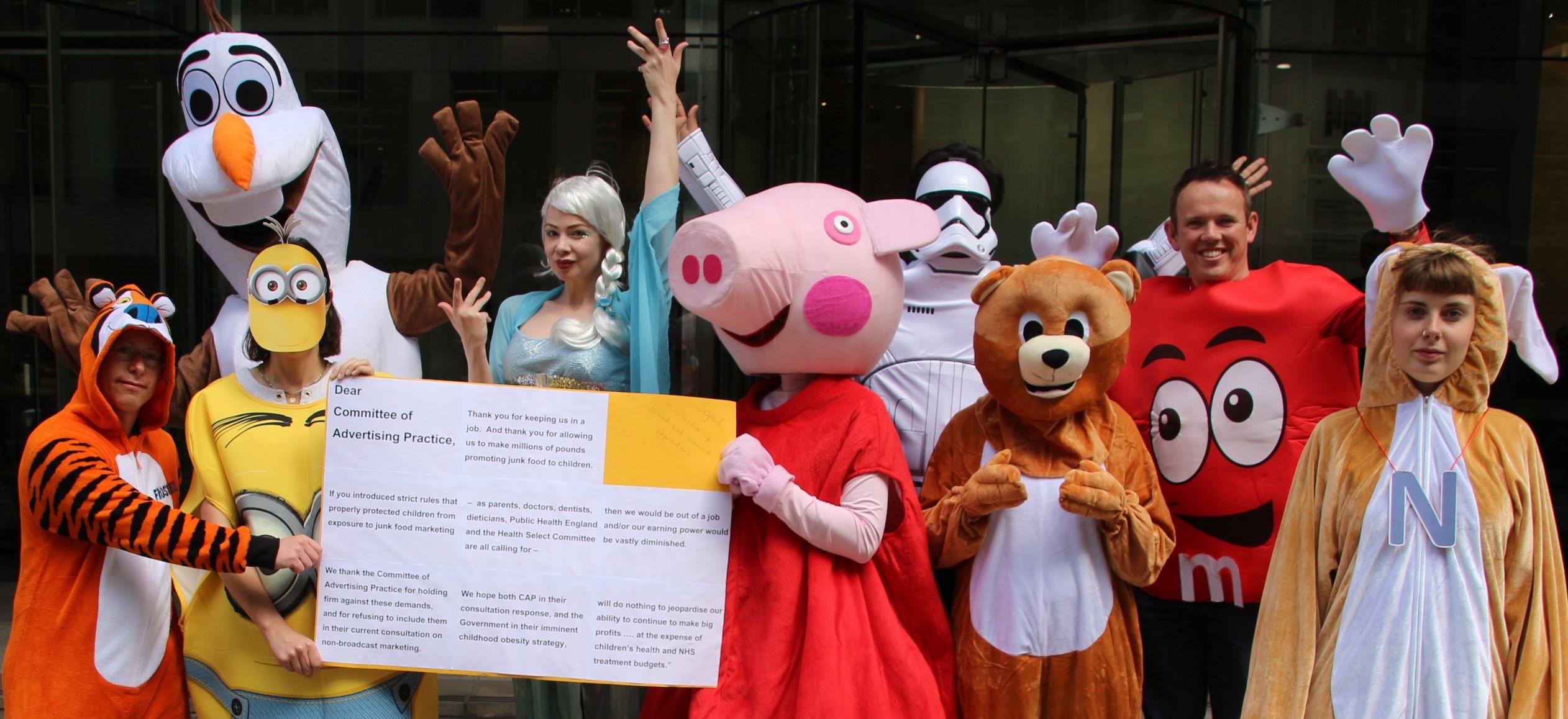

Looking back to go forwards - a review of Children's Food Campaign activity
When I started at Children’s Food Campaign in January 2012, getting cooking onto the curriculum, junk off the checkouts and traffic light nutrition labelling onto the front of packaging were the big campaigns I got stuck into first. And there has been significant progress on each of those since, as well as on a Sugary Drinks Tax, School Food Standards and Universal Infant Free School Meals ... and that is just for starters.
Even just a few years ago, back in January 2015, things were rather different than they are now. When Children’s Food Campaign first handed out toothbrushes and brought its sugar reduction policy messages to visitors of a Coca Cola family attraction (the London Eye): our sugary drinks tax campaign was still in its infancy, the Responsibility Deal had stalled, and industry was not willing to countenance junk food marketing restrictions online. Now the Soft Drinks Industry Levy is set to come into force in April 2018, PHE’s sugar reduction programme is underway, and the Committee of Advertising Practice has introduced rules on non-broadcast HFSS marketing.
None of these achievements would have been possible without the solid foundations and ‘up for it’ ethos that my predecessors (Charlie, Richard, Jackie, Christine and Kawther) created for the Children’s Food Campaign; or the political space, networks and logistical and policy support that being part of Sustain: the alliance for better food and farming has provided.
Children’s Food Campaign is not a stand-alone pressure group. It is through its many supporting organisations that it gains much of its legitimacy; and our working party is how priorities are set, information and expertise shared, campaigns planned, consultation submissions shaped, and the work divided up and carried out. Part of the joy of my job has been working with so many kindred spirits.
Over the past six years Children’s Food Campaign has established specific campaign partnerships with: British Heart Foundation on junk food marketing online; British Dietetic Association and British Dental Association on junk free checkouts; Jamie Oliver on the sugary drinks tax; National Union of Teachers on commercialisation in schools; Cancer Research UK on the 9pm TV junk food ad ban; First Steps Nutrition Trust on marketing claims; and the Obesity Health Alliance on the wider obesity policy agenda. That additional or combining of resource has been hugely beneficial to achieving policy or legislative change.
But there have also been countless smaller but equally as powerful relationships and collaborations. Dental/oral health organisations, school food experts and trade unions have all been particularly enthusiastic participants in our quarterly working party meetings – to the benefit of everyone who attends. We shouldn’t underestimate how important it is to have such a space where the wider movement can come together, discuss issues frankly, decide common lines to take, or give permission for someone (e.g. Children’s Food Campaign) to run with an issue first and make the initial headway.
I have also enthusiastically got stuck in to taking on industry spokespeople and their front groups, and ruffling feathers in Westminster and beyond. That ability to say and do things other organisations don’t feel they are (yet) in a position to, has been particularly valued, and is complementary to the strategies other organisations have been pursuing, and is a role that the Children's Food Campign will continue to play after I go.
The challenges ahead
We cannot rest on our laurels though. The rise in childhood obesity rates and growing health inequalities makes that clear. As does the intransigence of some Government departments, with DfE still yet to undertake many of its commitments from the Childhood Obesity Plan. The impact of both Brexit and the end of the sugar tariffs and production quotas (likely to mean more and cheaper sugar) are other big areas of concern, as is the effect of Universal Credit on Free School Meal eligibility. Plus of course, the movement has to cut its cloth according to its own funding.
There is apparently a window of opportunity in the coming months, as the Government considers launching a second phase of its Childhood Obesity Plan, potentially including something on marketing and promotions. And the revised Nutrient Profiling Model will also be out for public consultation in the spring.
Whilst I will no longer be leading Children’s Food Campaign’s efforts to seize this moment or address those issues, I hope through my new role at Cancer Research UK to play my part in the wider agenda, as well as willing on the project – and Sustain as a whole – to succeed and thrive in the safe hands of my successor, Barbara Crowther, and continued management from Ben Reynolds.
The Campaign, and the campaigning for a healthier and more sustainable food environment for our children, continues .....
Malcolm Clark
Co-ordinator, Children's Food Campaign 2012-2017
Children's Food Campaign: Campaigning for policy changes so that all children can easily eat sustainable and healthy food.
Sustain
The Green House
244-254 Cambridge Heath Road
London E2 9DA
020 3559 6777
sustain@sustainweb.org
Sustain advocates food and agriculture policies and practices that enhance the health and welfare of people and animals, improve the working and living environment, promote equity and enrich society and culture.
© Sustain 2026
Registered charity (no. 1018643)
Data privacy & cookies
Icons by Icons8

